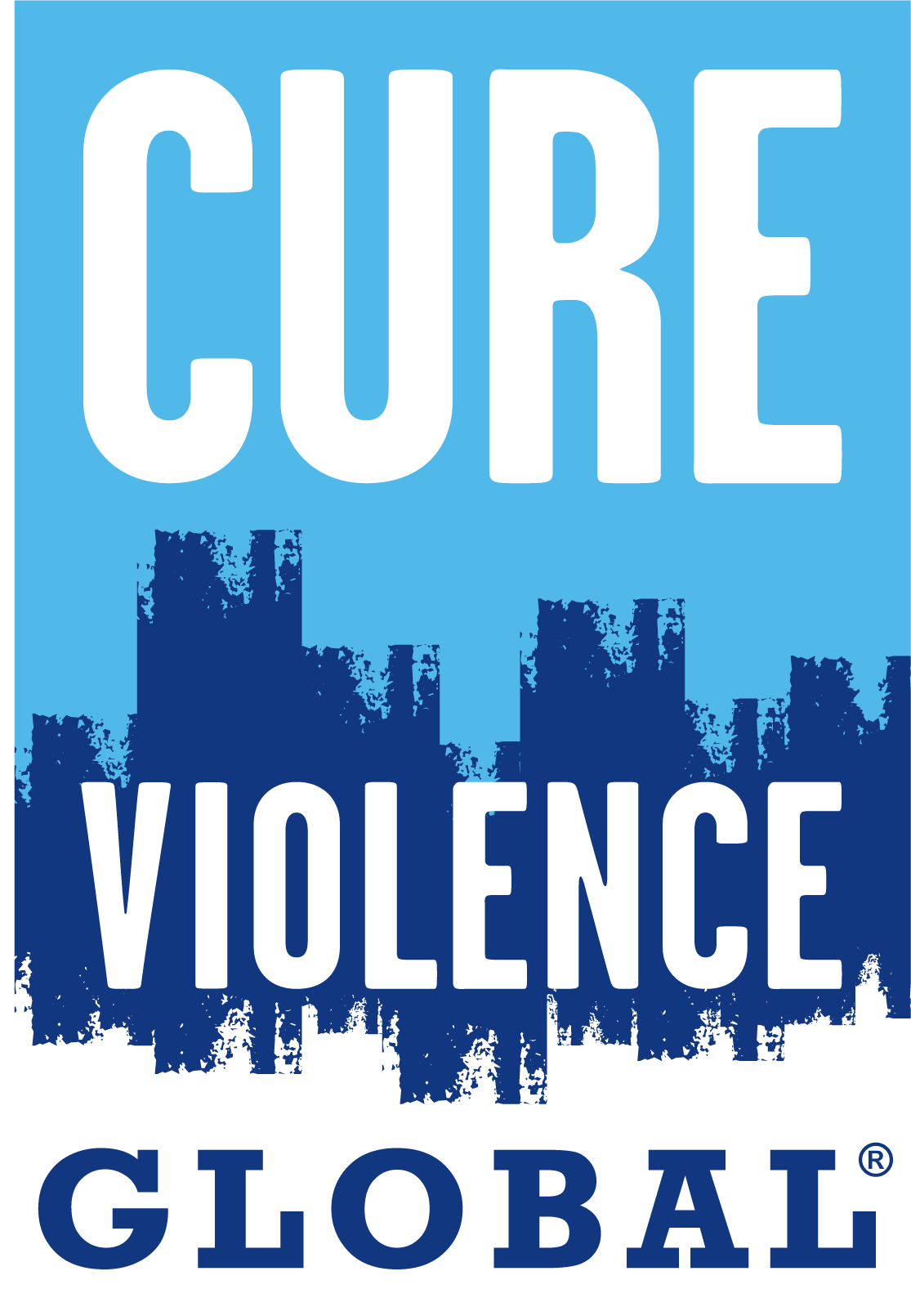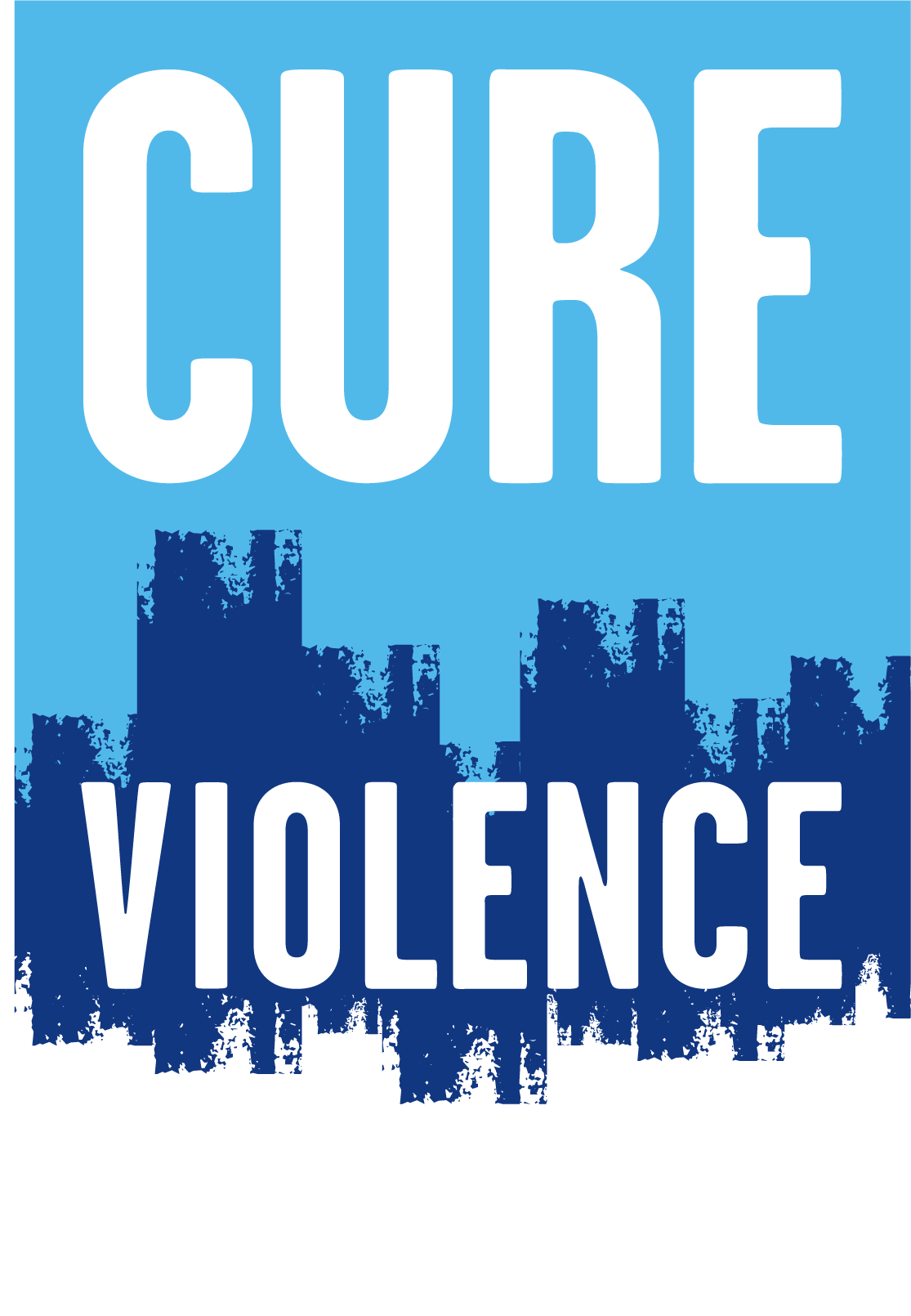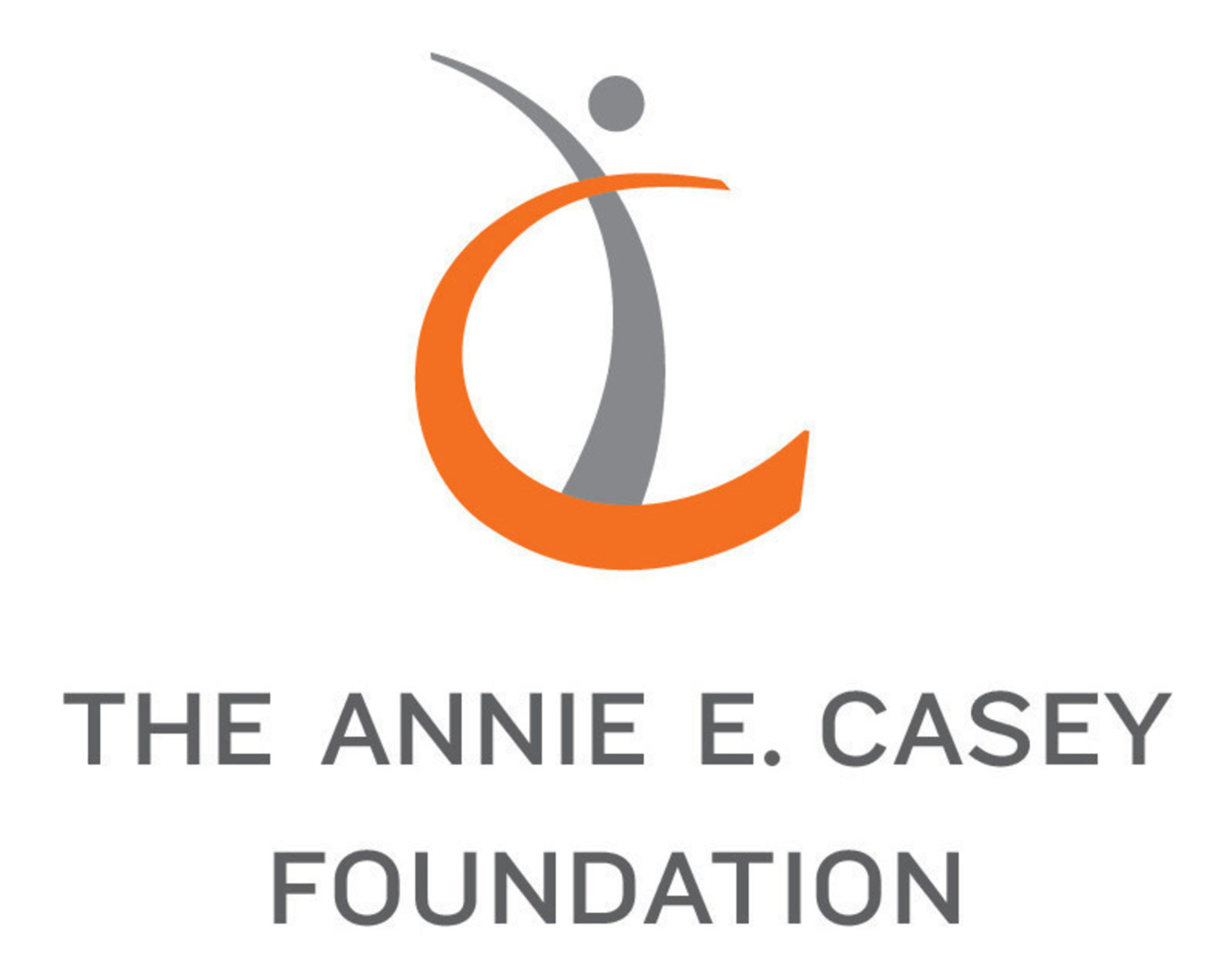The Annie E. Casey Foundation recently published a report documenting the early lessons learned from investing in community-led violence prevention programs in Atlanta and Milwaukee. The report outlines the importance of addressing the root causes of violence to improve community wellbeing and the successes Atlanta and Milwaukee have had with implementing Cure Violence Global’s (CVG) public health approach in their respective cities. Through investing in these efforts, the foundation gained key insights on the best practices to advance community-led violence prevention approaches: engage communities early and often, build trust with community members, adapt the model based on what works for the community, recognize transformational change is not easy, and learn from other communities already implementing community-led public safety models. The main takeaways from this report are summarized below, but you can also read the entire report here.
Violence Prevention is Crucial to Community Wellbeing
The Annie E. Casey foundation recognizes violence as a public health issue that interferes with all aspects of community wellbeing. The impact of gun violence extends beyond the health and safety of the community: it stifles economic growth, lowers home values, and damages social networks and norms. Additionally, there are serious emotional and psychological impacts associated with witnessing or experiencing violence. Children who experience emotional trauma from violence encounter more challenges learning in school and have a greater propensity for developing substance abuse disorders and engaging in criminal behavior as adults. When violence is pervasive in communities, economic development efforts can fail because community members still feel unsafe. However, economic investments in communities with high levels of violence are essential, but they must be in tandem with violence prevention efforts. Because, “any effort to improve youth and family wellbeing cannot fully succeed if people are unable to go about their daily activities free of violence and harm.” That is why the Annie E. Casey Foundation has prioritized community-led violence prevention programs in Atlanta and Milwaukee.
Atlanta
Alfred Garner, Chris 180’s program manager, sought a new approach to combat violence in Atlanta’s Neighborhood Planning Unit V (NPU-V). Believing strongly in the CVG approach, Garner worked to build trust, gain community buy-in, and elevate local leadership in order to bring the model to his community. In 2019, Chris 180 partnered with CVG to implement the public health approach. While the program is still fairly new, data found that in the first half of 2021 Atlanta experienced a 58% increase in homicides while Altanta’s NPU-V with Cure Violence Atlanta sites stayed relatively flat in comparison to previous years. Also, Cure Violence Atlanta successfully prevented retaliatory actions following the shooting death of Rayshard Brooks by an Atlanta police officer in the summer of 2020. Garner explained that due to Cure Violence Atlanta’s credibility with the community they were able to safely interact with the distressed crowd and prevent some potential violent incidents. This kind of interruption would not have been possible if the workers had not been credible. Trained community members use their credibility to effectively reach those at the highest risk for committing violence and stop them before it occurs.
Milwaukee
With the homicide rate up from 88 to 146, the Milwaukee city government was looking for a new approach to treat violence in 2016. This led to the expansion of the Office of Violence Prevention in Milwaukee, where the office facilitated meetings and agreed upon investing in the 414LIFE violence prevention initiative in 2018. The initiative utilized the CVG model to stop and prevent retaliatory violence. Over the next two years the 414LIFE initiative yielded positive results with homicides decreasing from 119 to 98. Seeing the initial positive outcomes from the initiative, more community members started to believe a public health approach to stopping violence could actually work. Reggie Moore, former director of Milwaukee’s Office of Violence Prevention, says that “instead of people seeing violence as an unsolvable issue we could do nothing about, it became understood that it is a systemic, learned behavior, for which new approaches can have an impact.” The success of 414LIFE in Milwaukee relied, just as in Atlanta, on community buy-in and trust in the public health approach.
Annie E Casey Foundation’s continued support for Cure Violence Global and community-led violence prevention efforts is noteworthy. We can only hope more public and private entities recognize violence as a public health issue that can be prevented and stopped. CVG will continue to work with the foundation to advance violence prevention efforts across the country.


